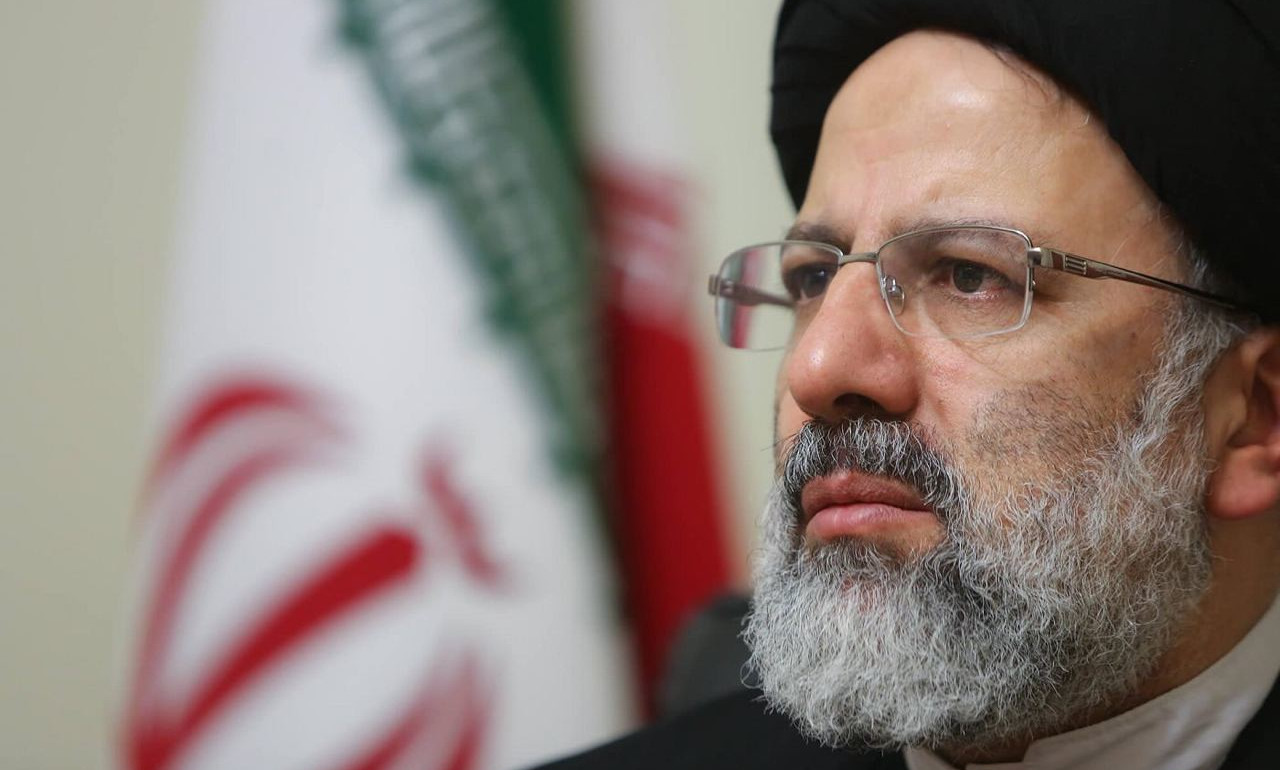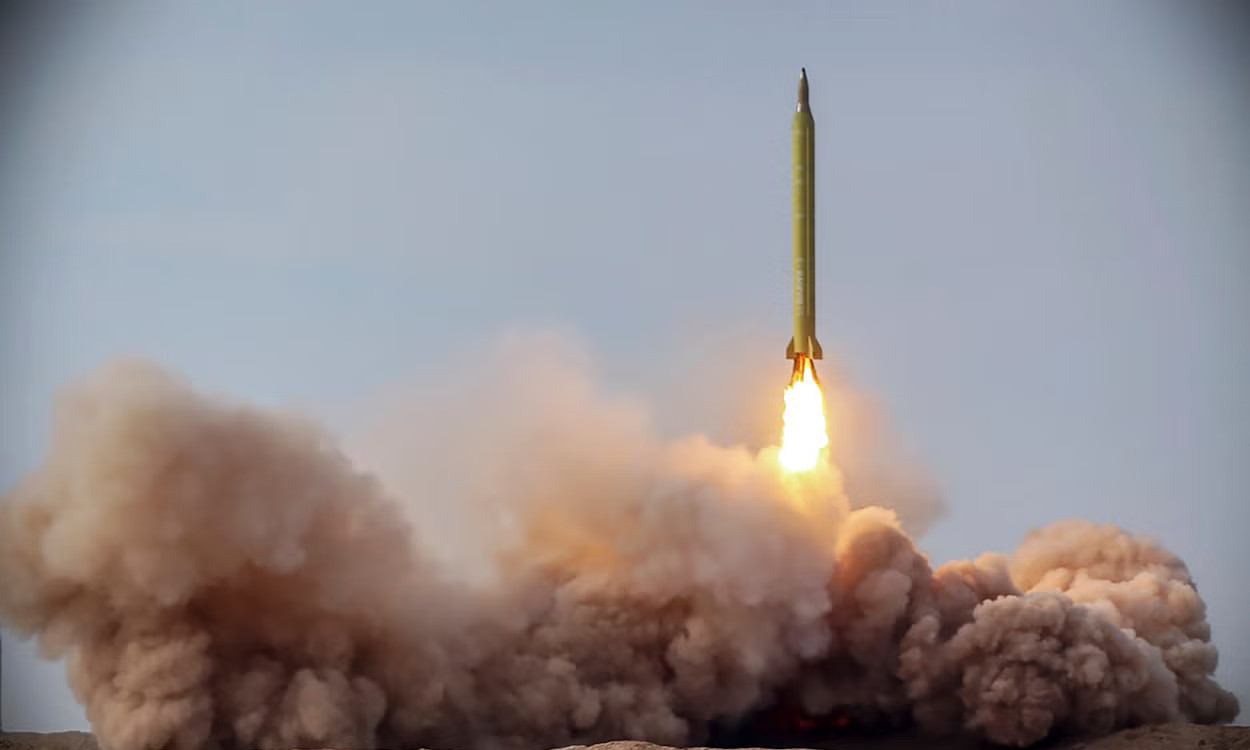For five days around the turn of the new year, protests involving tens of thousands of people took place in a number of Iranian towns and cities. It seems that these were prompted mainly by unemployment and high prices, following the leaking of a proposed budget that would end cash subsidies for millions of citizens, increase fuel prices and privatise public schools, while at the same time increasing the budgets of the clerical elite.
Given that unemployment among the youth, who constitute half the country’s population, is running at 40 percent, it is hardly surprising that people were angered at these budget proposals, although it would appear that they were only proposals and not a finalised budget.
Iran’s difficulty is the US’s opportunity
As Iran is acting as an anti-imperialist bastion against US attempts to establish its domination over the entire middle east, its internal difficulties are greeted with great enthusiasm by imperialism’s henchmen. Donald Trump was predictably at the head of the queue of imperialist vultures gloating at Iran’s problems. On 3 January, for instance, Trump tweeted about the protests:“Such respect for the people of Iran as they try to take back their corrupt government,” he wrote. “You will see great support from the United States at the appropriate time!”
Imperialism is happy about Iran’s internal problems. Indeed, it has done all it can to exacerbate them through years of sanctions. The nuclear accord signed in 2015 did lead to United Nations sanctions being lifted, but US sanctions still continue.
The imperialist hope is that internal problems will force Iran to withdraw from the support it is giving to the Assad government in Syria, Hezbollah in Lebanon, Hamas in Palestine, and independence-minded Iraqi forces, and force the hand of the Iranian government to allow more participation in decision-making of pro-imperialist elements, prepared to conciliate with imperialism.
Like many other progressive anti-imperialist countries around the world, Iran is still a capitalist country, and is, therefore, in no position to abolish the ills of capitalism, including unemployment and an ever-widening gap between rich and poor, which inevitably gives rise to legitimate discontent.
A firm rebuff to imperialist plans
However, contrary to the allegations of the bourgeois media, the Iranian people are free to express that discontent. As President Rouhani has pointed out: “We are a free nation and based on the constitution and citizenship rights, people are completely free to express their criticism and even their protest” – so long as they do so peacefully.
Nevertheless, in the course of the protests, several people were killed and hundreds were arrested, which has been presented in the bourgeois media as ‘evidence’ that there is in practice no right to protest. What is left out of account, however, is the behaviour of some of the protesters.
Those who take instructions from imperialism, which seeks to use them to advance its domination agenda, are encouraged to initiate violence in order to provoke a violent response from state forces – as was, for example, the case with the imperialist-backed Maidan protests in Ukraine, where fascist sympathisers were imperialism’s willing tools. This is a standard tactic for imperialist-backed demonstrations. The response is then presented to the world in the imperialist media as evidence of the ‘fascistic’ nature of the government, supposedly ‘justifying’ imperialist intervention.
The presence of serious numbers of provocateurs among the Iranian protestors cannot be doubted. US imperialism makes no secret of its hatred of Iran, as a result of which the country cannot but be a target for the CIA’s dirty tricks. Ali Shamkhani, Iran’s top security official, has correctly stated that the protests were a proxy war through social media guided by the US, Britain and Saudi Arabia against Iran.
For imperialism to be condemning the use of force to suppress violent demonstrations is the height of hypocrisy. Who can forget the mass arrests that took place in Britain at the time of the youth uprisings in 2011, and the long prison sentences that followed? If nobody was killed, it was only because the demonstrators were not armed with lethal weapons. But it will be recalled that the disturbances erupted precisely because a young man whom the police claimed was armed with a lethal weapon was shot dead.
In the various terrorist attacks that have taken place in Europe and America recently, the police response is to shoot – not to maim and arrest, but to kill. Why would imperialism therefore condemn Iran for doing exactly what it does itself, and usually with far less provocation?
In actual fact the Iranian government has been comparatively restrained. What it was certainly anxious to do was to make it quite clear that it will not brook the establishment of any ongoing Maidan-style violent protest, aimed at regime change and opposed to the interests of the Iranian masses.
Divisions among the Iranian ruling class
Another issue that Trump’s welcome of the Iranian demonstrations failed to take into account is that they were demonstrations against the kind of neo-liberal policies that imperialism is everywhere trying to force through in order to maximise profiteering opportunities for imperialist concerns, policies that are also favoured by some sections of Iran’s big bourgeoisie.
However, there are many ruling-class elements in Iran, especially among those that the imperialist media insist on referring to as ‘hardliners’ – an example being former President Ahmadinejad – who oppose neo-liberal policies, having, among other things, had the experience under former President Rafsanjani of borrowing money from the World Bank and IMF on condition of neoliberal reform, which resulted in 50 percent inflation and a near doubling of imports at the expense of local producers.
It is even possible that these ‘hardliners’ could have been responsible for leaking the proposed budget precisely with a view to demonstrating to the government that such measures would never be tolerated by the masses.
This has certainly been the effect of the leak, but it also demonstrated the great danger of hostile foreign interests taking advantage of internal unrest to try to effect regime change in favour of some quisling government acceptable to imperialism, something which is no more welcome to the hardliners than the ‘softer’ elements currently in government, such as Rouhani.
Be that as it may, the Iranian authorities were soon able to restore order. Huge demonstrations were held in several towns and cities to support the government, showing public disapproval of the violence associated with the anti-government protests.
Nevertheless, the government has received a salutary warning of the fact that imperialism will have no hesitation to try to have it overthrown, and it is therefore important that no measures should be taken likely to alienate the popular masses, who are already bearing a disproportionate part of the burden of capitalist crisis and imperialist sanctions.
Iran is playing an exemplary role in the middle east’s resistance to imperialism, which could be at risk if the government fails to pay sufficient regard to the interests of the masses.















